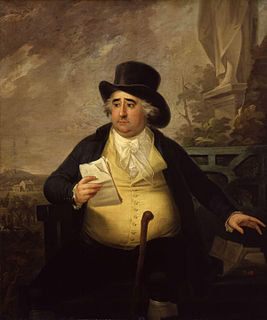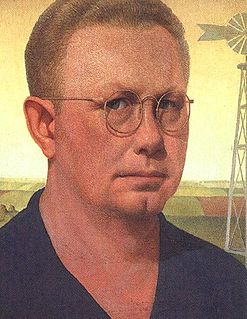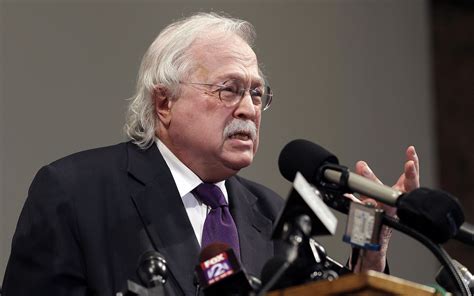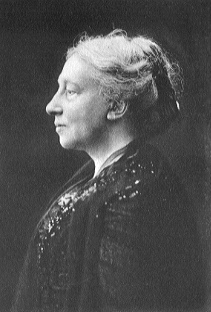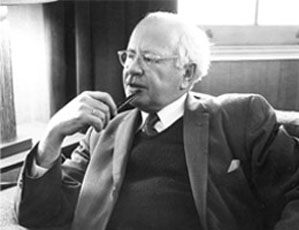A Quote by Orson Scott Card
We need a Napoleon. An Alexander. Except that Napoleon lost in the end, and Alexander flamed out and died young. We need a Julius Caesar, except that he made himself a dictator, and died for it.
Related Quotes
There are certain historical figures of such importance that we need to know everything about them, which is why books about Napoleon, Lincoln, Julius Caesar, Joan of Arc, Queen Elizabeth I, and the great religious founders continue to proliferate; these lives require constant reevaluation and interpretation.
He [Julius Caesar] learned that Alexander , having completed nearly all his conquests by the time he was thirty-two years old, was at an utter loss to know what he should do during the rest of his life, whereat Augustus expressed his surprise that Alexander did not regard it as a greater task to set in order the empire which he had won than to win it.
Adolf Hitler is probably the last of the great adventurer-conquerors in the tradition of Alexander, Caesar and Napoleon, and the Third Reich the last of the empires which set out on the path taken earlier by France, Rome and Macedonia. The curtain was rung down on that phase of history, at least, by the sudden invention of the hydrogen bomb, of the ballistic missile and of rockets that can be aimed to hit the moon.
There is a Greco-Buddhist school of architecture and sculpture that you find everywhere in the world. It's fascinating, because Alexander died in 323 B.C. and Buddha existed around 500 B.C. But Alexander met Buddhist-type sages. And they had a different view of the world, as you know. They saw it in circular terms. They didn't need to conquer any land. And there are blond people who live in that region who are said to be descended from the soldiers who stayed. He left garrisons all over the world as he went.
Fate forces its way to the powerful and violent. With subservient obedience it will assume for years dependency on one individual:Caesar, Alexander, Napoleon, because it loves the elemental human being who grows to resemble it, the intangible element. Sometimes, and these are the most astonishing moments in world history, the thread of fate falls into the hands of a complete nobody but only for a twitching minute.




